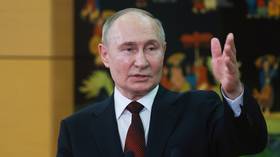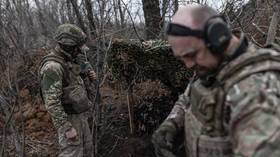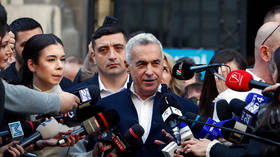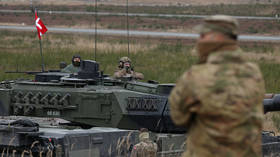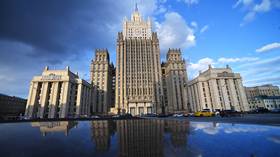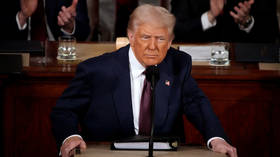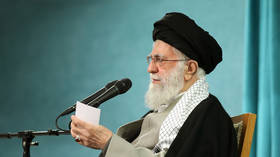NATO threatening global peace and stability – China
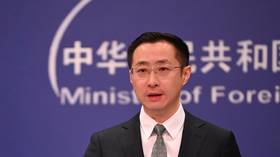
NATO is a threat to global peace and stability because of its “deep-rooted Cold War mentality and ideological bias,” Chinese Foreign Ministry spokesman Lin Jian said on Monday.
Lin was asked by Bloomberg at a daily briefing to comment on recent reports that the US-led military bloc is planning to sign a cooperation agreement with Japan, South Korea, Australia, and New Zealand at the upcoming NATO summit in Washington.
The spokesperson responded by stating that NATO is a “product of the Cold War and the world’s largest military alliance.” Despite claiming to be a regional and defensive organization, the bloc has continued to “expand its power across borders, break through defense zones, and provoke confrontation,” Lin added.
These actions, according to the spokesperson, expose NATO’s “deep-rooted Cold War mentality and ideological bias, which is the real source of risk threatening global peace and stability.”
“NATO should abide by its regional and defensive organization positioning, stop creating tensions in the Asia-Pacific, peddle Cold War thinking and camp confrontation, and stop messing up Europe and trying to mess up the Asia-Pacific,” the spokesman said.
Lin’s comments come as NATO bolsters its efforts to establish relations with countries across the Asia-Pacific, at the same time claiming it does not seek to formally expand into the region.
Earlier this year, NATO Secretary-General Jens Stoltenberg explained that the bloc feels that it must respond to the ever-changing security landscape in Asia, particularly because of alleged Chinese aggression. “This is not about NATO moving into Asia, but instead about the fact that China is coming close to us,” Stoltenberg told attendees at the exclusive Davos gathering in January.
Chinese Defense Ministry spokesman Wu Quian responded by calling Stoltenberg’s statements “inappropriate” and described NATO as a “walking war machine” that “brings disorder everywhere.”
In 2021, the US, UK, and Australia also established the so-called AUKUS security partnership, which aims to help Canberra acquire nuclear-powered submarines. Washington has extended invitations to other countries in the Asia-Pacific, such as Japan, South Korea, and New Zealand, to participate in the project.
The AUKUS pact has been condemned by Beijing as an attempt to build an “Asia-Pacific version of NATO.” The Chinese Foreign Ministry has warned that such moves only further the “Cold War mentality,” stimulate an arms race, and undermine regional stability and peace.
Speaking in Hanoi, Vietnam last month, Russian President Vladimir Putin also insisted that NATO’s aspirations in the Asia-Pacific represent a “threat to all countries in the region, including the Russian Federation.” Putin vowed that Moscow will not allow these actions to go unanswered.
